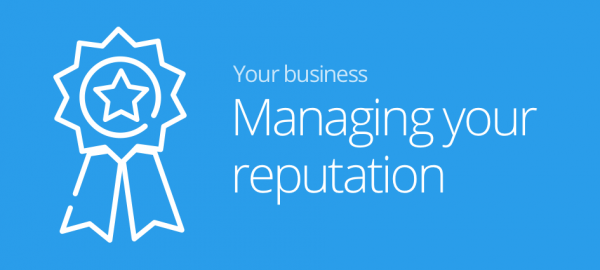Customer service roles always attract a broad mix of applicants so asking the right questions at interview is key to ensuring the best fit for your business. Many candidates will offer relevant and deep customer service experience, which will mean you can simply run through the CV and discuss the candidate’s experience.
In the majority of cases, candidates will have a good idea as to what makes good customer service. In some instances, candidates may offer transferable skills; keen to progress their career in a customer service role from another specialism. Alternatively, you may receive applicants from talented graduates or from young people with very limited experience but with good potential and boundless enthusiasm.
Whatever the background of the candidate, you will have shortlisted them for a good reason, so it is vital to follow a consistent and transparent process to ensure that each applicant has the opportunity to perform well at interview.
What are you looking for?
Whilst many customer service roles will have similarities in scope and in the personality of the ideal candidate, your business will have nuances that need to be considered. Ensure that you factor these into the questions you ask of candidates.
Common customer service interview questions
One of the most common questions asked at a customer service related interview is simply: what makes good customer service? This is usually a key indicator as to the candidate’s understanding of the key requirements of the role. The hope is that your candidate will focus upon the needs of the customer, ensuring their satisfaction and thus the chance of repeat business. Deeper answers will consider how consistently this service is delivered, the need for teamwork, quality of product, reliability and value.
Find a STAR
Even the most experienced interviewee can feel nervous, or perhaps not perform at their best in an interview situation. One way to ensure that candidates are given the opportunity to share solid examples of their experience is to ask competency-based questions. For example, “can you share an example of a time when you have effectively dealt with a customer complaint?” Some candidates may give generalist answers, vague or not specific to a real example. The best answers will follow the STAR method: Situation, Task, Action and Result. It will be concise, with a description of their specific contribution to the situation and of course conclude with a positive outcome.
Key topics for questions
Your specific business will have specific focal areas, however, all customer service staff must be good problem solvers; they must be efficient and they need to work quickly with accuracy. Communication skills (specifically listening!) are key, as is excellent awareness of the product or service. Questions can be directed to each of these competencies.
Attitude
Whether the candidate is highly experienced in customer service roles or brand new to the discipline, you will always be looking for potential hires that exhibit the best attitude. Customer service professionals need to be passionate, flexible, energetic and positive. The content and delivery of the responses to each and every interview question should identify whether the candidate possesses the requisite soft skills and attitude.
